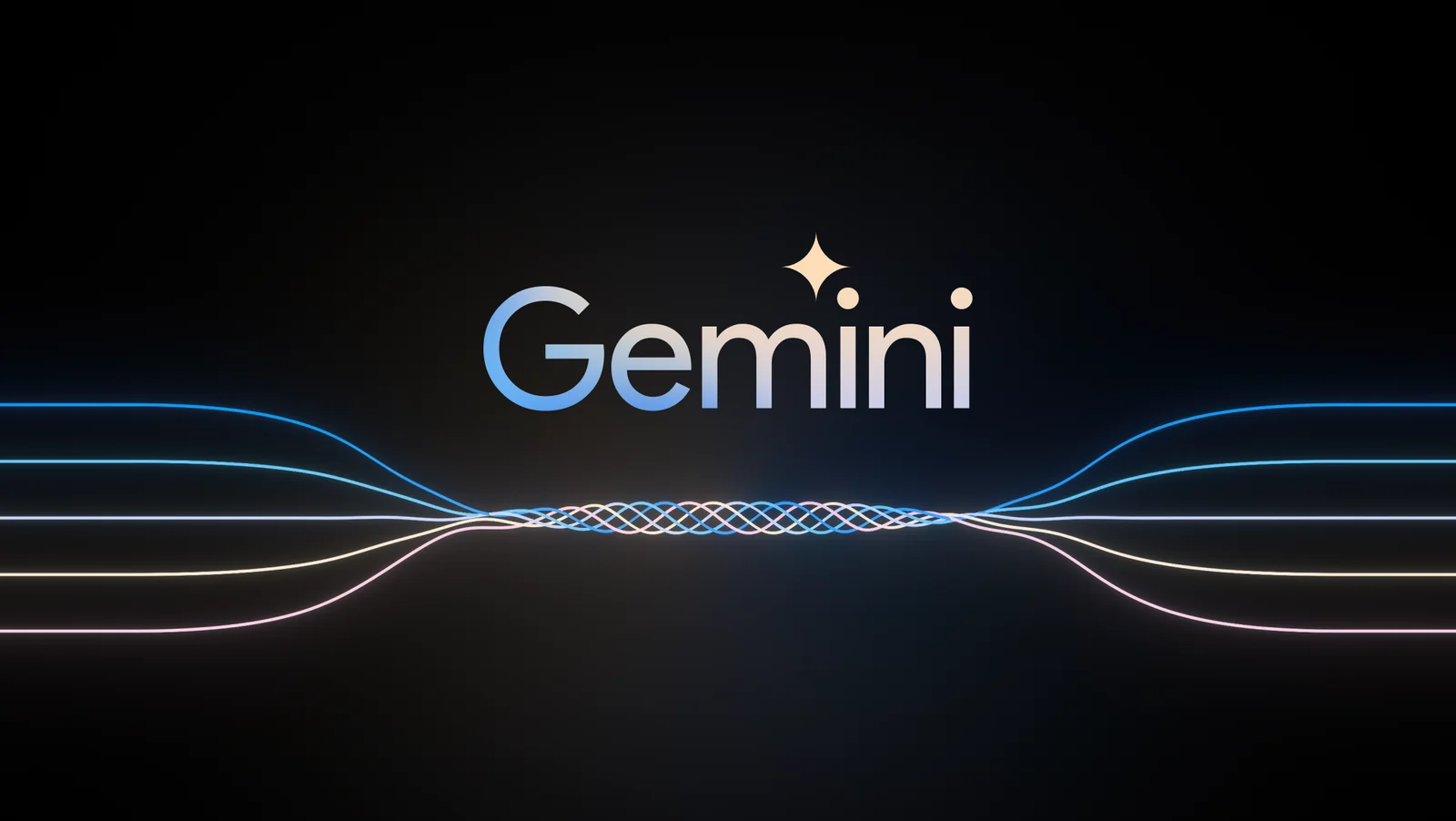Key Takeaways
- Google Gemini’s text refining tools better enhance the AI chatbot’s control over what it generates.
- The new options like “longer,” “remove,” and “shorter” help improve user interaction.
- Gemini effectively refines and simplifies text for better comprehension.
Recently, Google added an interesting new feature to Gemini. This tool lets you sculpt the chatbot’s responses to better suit your needs. This includes regenerating a piece of text, adding more context, cutting down on words, rewriting sections, or getting rid of entire sections. This not only allows you to refine any text you generated that you intend to copy-paste (i.e. generating a cover letter), but it’s also great for asking Gemini to extrapolate on parts you want to learn more about (i.e. asking it how a phishing attack works exactly). As such, I gave the tool a test run to see how each part fares.
Using the “longer” option to ask Gemini to explain what it means
The first option I gave a try was the “longer” tool. To use this, I highlighted some text, clicked the bubble that appeared, and clicked “longer.” It then sent the snippet I highlighted back to Google Gemini, and then re-wrote it by adding more context and information. It’s a handy way of refining a prompt that services like GPT-4 don’t have.
To give this a try, I asked Google Gemini to give me facts about the serval cat. It gave me a whole range of information that I found very useful, but I noticed it skimmed over some points I wanted to learn more about For example, Google Gemini stated that servals live in “sub-Saharan Africa, except forest regions” and I wanted to learn more about that. I highlighted that part of the text, clicked the bubble, hit “longer,” and it went more in-depth by telling me the exact locations in Africa where you can and cannot find servals.
The prompt also says you shouldn’t keep them as pets, because “they have specific needs that are difficult to meet in a captive environment.” Again, I highlighted that part and clicked “longer” to see what, exactly, those specific needs are. Google Gemini immediately launched into a very detailed explanation about how servals are social creatures that need others to be happy, plus they have a tendency to roam large areas. I was very impressed by how well Google Gemini extrapolated the points I asked for more information on and proves that AI is a cool way to do your research.
Google Gemini: What is it, and how does it work?
Google Gemini is the company’s answer to generative AI, but how does it work and what can you do with it?
Using the “remove” option to cut out unwanted parts of a prompt
Next up, I wanted to give the “remove” option a try. To do this, I asked Google Gemini to generate an email asking my family to come over for a barbeque. Right off the bat, Gemini mentioned that “the kids can play outside,” but we don’t have any kids. As such, I highlighted the first half of the sentence and left the other half to see what Google Gemini would do with it. When I clicked “remove,” Gemini axed the entire sentence, even the part I didn’t highlight.
It also mentioned that there would be “burgers and dogs,” but I didn’t want to guarantee those specific items for my fictional barbeque. I snipped out that part but left the part where it mentioned “all the BBQ fixings,” and sure enough, it cut out the middle and stitched the two halves to read “there will be plenty of BBQ fixings.” As such, it does appear that Google Gemini’s “remove” tool doesn’t just scrub away the part you want to erase, but it makes an effort to rebuild the sentence. If it can’t, it removes the sentence entirely.
Google Gemini Advanced: What it is, how to use it, should you get it
Google’s Gemini Advanced is an all-new subscription tier AI platform, and it offers a lot that ChatGPT Plus doesn’t.
Using the “shorter” option to reduce unwanted explanation
For testing the “shorter” option, I generated a script explaining photosynthesis. The idea was to cut down on the complex terminology so a kid could learn from it. Sure enough, when I highlighted some of the more complex parts and asked Gemini to shorten it, it broke it down to the bare essentials. This includes completely stripping the explanation from the ingredients of photosynthesis to just the names, as well as reducing the two stages from three bullet points each to a single sentence each.
Gemini vs ChatGPT: Major improvements for Google
Google Bard has recently been rebranded to Gemini, and we sized it up against the free version of ChatGPT to see how it fares.
Google Gemini’s text refining feature is a welcome addition
Overall, I was pleasantly surprised with how well Google Gemini’s text refining tools were. When I used Gemini to learn about a topic, the tools could help me extract more information about things the AI glossed over, or simplify things I found a bit complex. And for generating text that I would then use elsewhere, it was a great way to get exactly what I wanted without asking Gemini to re-generate the entire piece. As such, if you’re frustrated with the lack of control you get from AI chatbots, then give Google Gemini a try; its new tools may just win you over.
